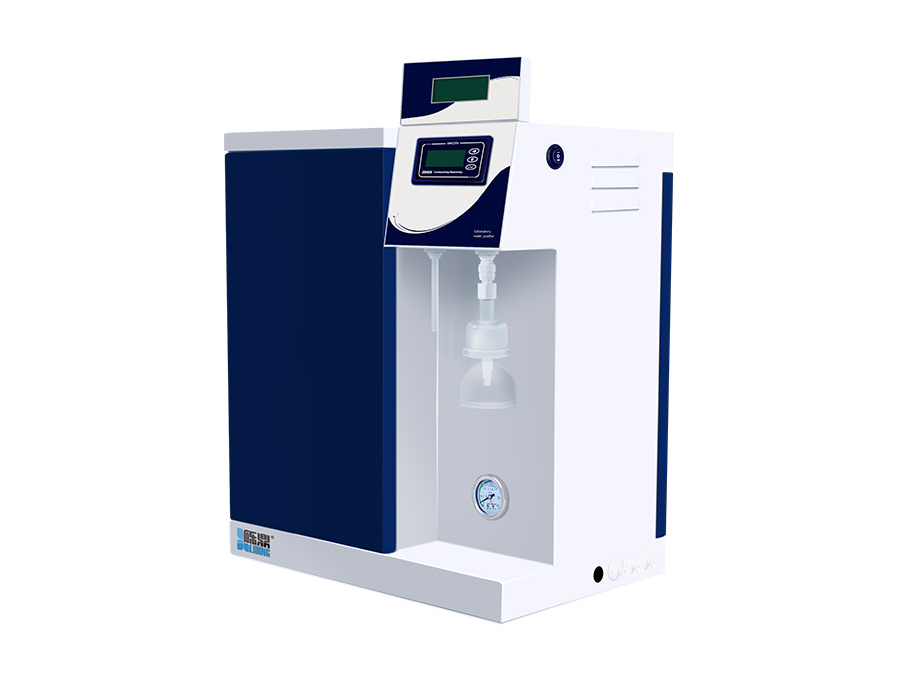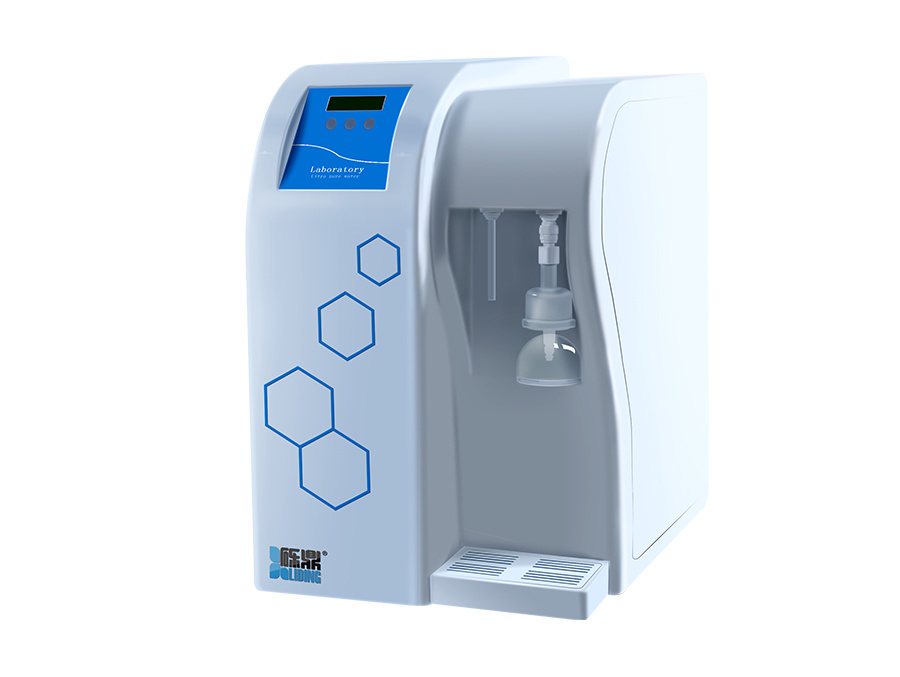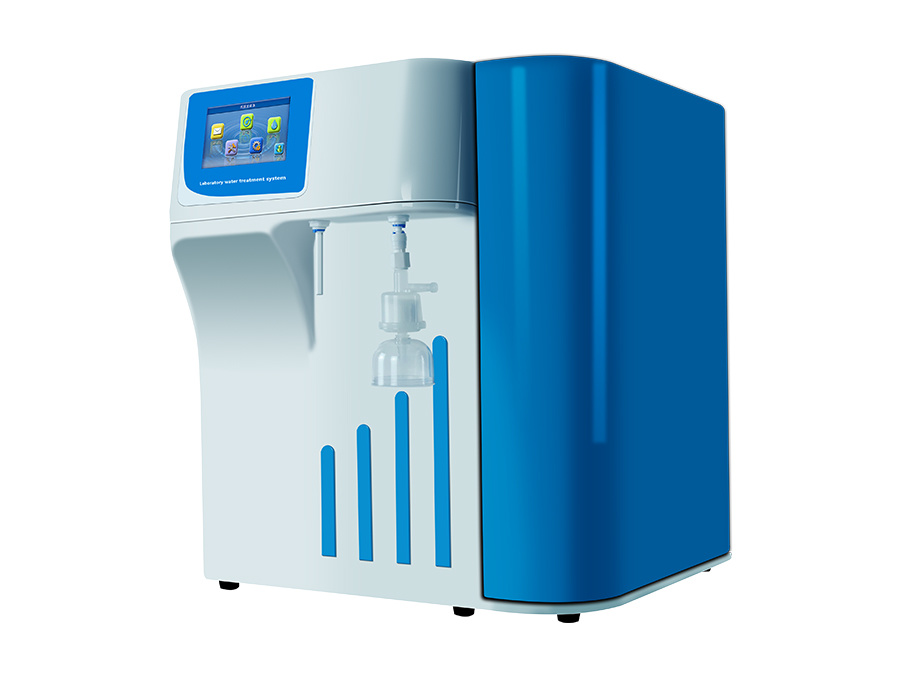Common Misconceptions About Laboratory Ultrapure Water Systems: Debunking Myths for Optimal Use
Time:
Jul 01,2025
Common Misconceptions About Laboratory Ultrapure Water Systems
Laboratory ultrapure water systems are essential for various scientific applications, from chemical analyses to biological experiments. However, several misconceptions can lead to improper use or maintenance of these systems, ultimately affecting research outcomes. In this article, we will dispel common myths and provide a detailed understanding of ultrapure water systems, their significance, and how to maximize their efficiency.
Table of Contents
- Misconception #1: All Water Purification Systems Are the Same
- Misconception #2: Ultrapure Water Is Just Distilled Water
- Misconception #3: Ultrapure Water Does Not Require Regular Maintenance
- Misconception #4: Ultrapure Water Systems Are Too Expensive to Operate
- Misconception #5: Any Container Can Store Ultrapure Water
- Misconception #6: Ultrapure Water Is Not Necessary for All Experiments
- Misconception #7: Ultrapure Water Has an Infinite Shelf Life
- Conclusion
Misconception #1: All Water Purification Systems Are the Same
It is a common belief that any water purification system can produce ultrapure water. However, this is misleading. Different purification methods yield varying levels of water purity. For laboratory use, **ultrapure water** must meet specific standards, including low levels of contaminants like salts, organic compounds, and microorganisms.
Systems that utilize multiple purification technologies, such as reverse osmosis, deionization, and ultrafiltration, are crucial for achieving the desired water quality. It's essential to choose systems specifically designed for laboratory applications, as they offer reliable performance and meet stringent quality standards.
Misconception #2: Ultrapure Water Is Just Distilled Water
While distilled water is a type of purified water, it lacks the level of purity required for laboratory use. **Ultrapure water** goes through additional purification processes that remove even trace contaminants. Distillation alone cannot eliminate all organic impurities, which can affect sensitive experiments.
Laboratory ultrapure water systems utilize advanced filtration technologies that ensure the removal of ions, organic substances, and bacteria, making them more suitable for critical applications, including molecular biology and analytical chemistry.
Misconception #3: Ultrapure Water Does Not Require Regular Maintenance
Another common misconception is that ultrapure water systems are maintenance-free once installed. On the contrary, regular maintenance is vital for ensuring optimal performance and water quality. Over time, filters can become saturated with contaminants and require replacement to maintain the system's efficiency.
Routine checks and maintenance protocols should include monitoring water quality, replacing pre-filters and membranes according to manufacturer guidelines, and sanitizing the system periodically to prevent bacterial growth. Failure to maintain these systems can lead to compromised water quality, affecting experimental results.
Misconception #4: Ultrapure Water Systems Are Too Expensive to Operate
The belief that ultrapure water systems are prohibitively expensive is a common deterrent for many laboratories. While the initial investment may seem significant, the long-term benefits often outweigh the costs. By producing high-quality water consistently, these systems reduce the likelihood of experimental errors, saving both time and resources.
Moreover, advancements in technology have led to more energy-efficient systems, which can significantly lower operational costs. When considering the potential costs of redoing experiments due to poor water quality, investing in a reliable ultrapure water system proves to be a cost-effective decision in the long run.
Misconception #5: Any Container Can Store Ultrapure Water
One prevalent myth is that any container can be used to store ultrapure water. In reality, the choice of storage vessel is critical in maintaining water quality. Ultrapure water is particularly susceptible to contamination from materials that leach substances into the water.
To prevent contamination, it is essential to use containers made from inert materials such as high-quality polyethylene or glass. These materials prevent the introduction of ions, organics, or particulates, ensuring that the water remains pure over time.
Misconception #6: Ultrapure Water Is Not Necessary for All Experiments
Some researchers believe that ultrapure water is only necessary for specific high-stakes experiments, but this is a dangerous assumption. Even routine experiments can be affected by the presence of contaminants. For example, in analytical chemistry, the presence of trace metals or organics can lead to inaccurate results.
Using ultrapure water across all laboratory applications minimizes the risk of contamination and ensures reliable outcomes. It is essential to recognize that water quality can significantly influence experimental integrity, regardless of the perceived importance of the study.
Misconception #7: Ultrapure Water Has an Infinite Shelf Life
Lastly, the belief that ultrapure water does not degrade over time is inaccurate. While ultrapure water is devoid of contaminants at the point of generation, it can absorb impurities from the environment or from contact with non-inert materials over time.
Storage conditions, such as exposure to light and temperature fluctuations, can further influence water quality. It is vital to use ultrapure water promptly after production and to regularly test stored water for purity, especially if it has been stored for an extended period.
Frequently Asked Questions (FAQs)
1. What is ultrapure water used for in laboratories?
Ultrapure water is crucial for various applications in laboratories, including chemical analysis, cell culture, and other sensitive experiments where contamination could lead to skewed results.
2. How do I know if my ultrapure water system is functioning correctly?
Regular testing of water quality is essential. Parameters such as resistivity, total organic carbon (TOC), and bacterial presence should be monitored to ensure the system is performing optimally.
3. How often should I replace filters and membranes in my ultrapure water system?
Filter and membrane replacement schedules vary by system and usage. Always refer to the manufacturer’s guidelines for recommended maintenance frequencies.
4. Can I use ultrapure water for drinking or cooking?
While ultrapure water is safe for laboratory use, it is not intended for human consumption due to the lack of necessary minerals found in drinking water. Always use water specifically designated for human consumption.
5. What are the consequences of using contaminated water in experiments?
Using contaminated water can lead to inaccurate experimental results, compromised analyses, and wasted resources due to the need for repeat experiments. It can significantly affect the integrity of research outcomes.
Conclusion
Understanding the common misconceptions about laboratory ultrapure water systems is crucial for ensuring optimal use and maintaining the integrity of scientific research. By addressing these myths, we can promote best practices that enhance the quality of laboratory water and, consequently, the reliability of experimental results. Investing in the right ultrapure water system and adhering to proper maintenance protocols will not only improve research outcomes but also foster a culture of quality and precision in scientific endeavors.
RELATED NEWS








